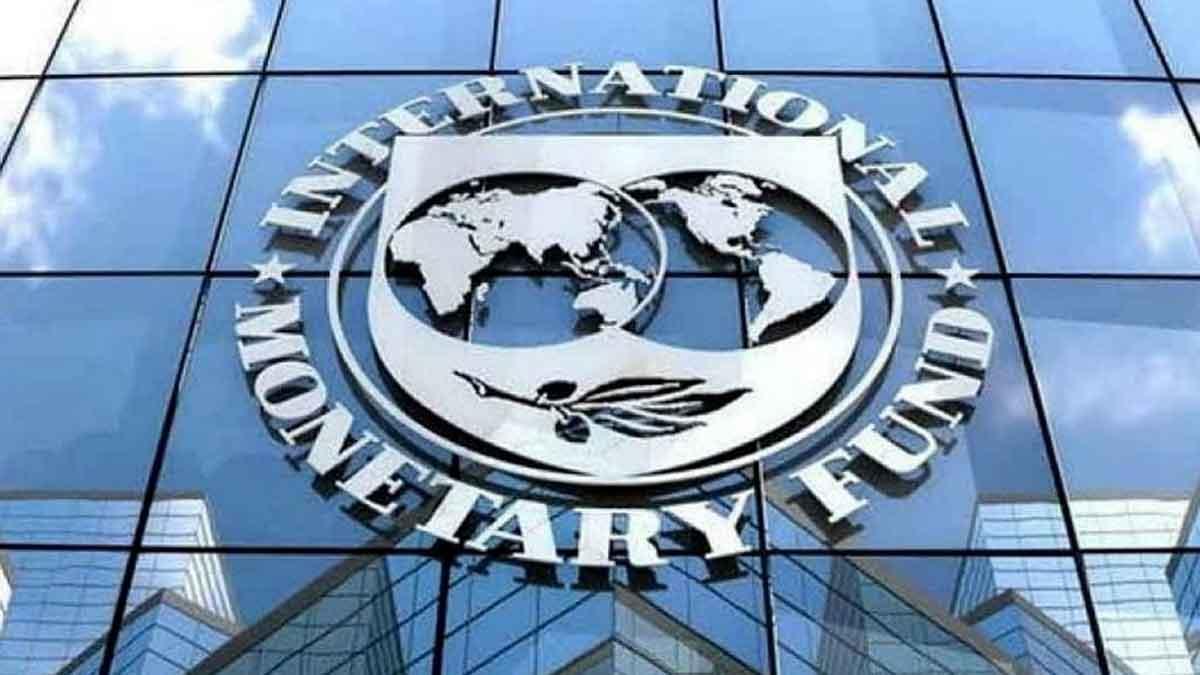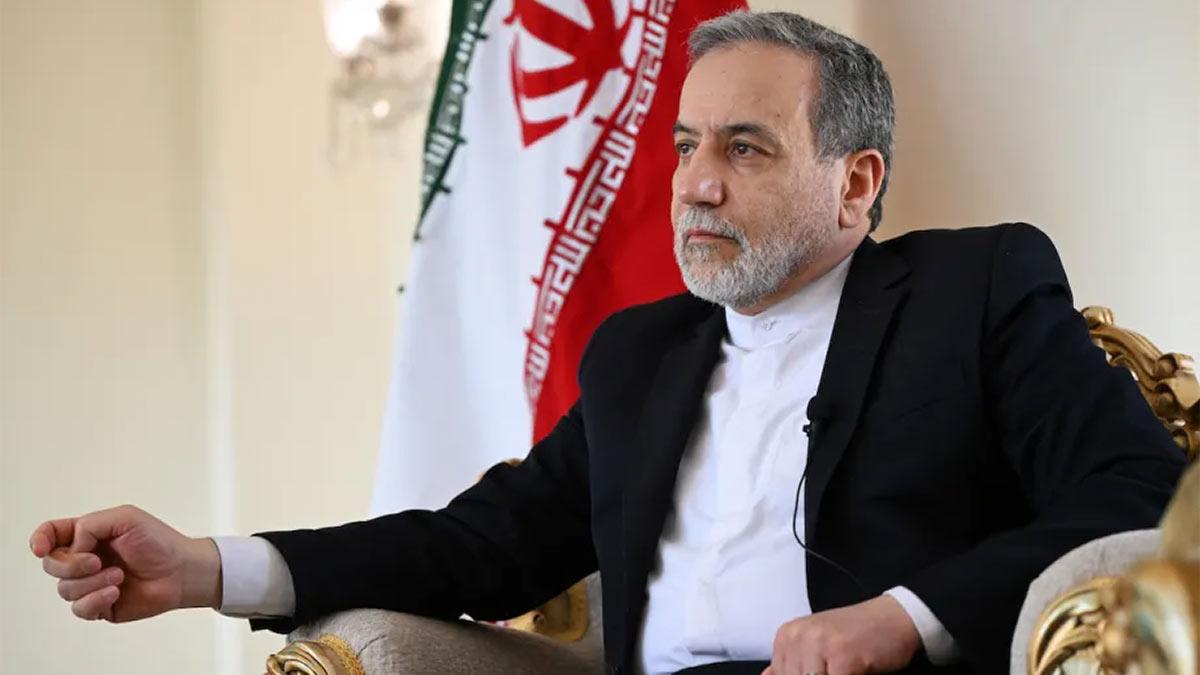Pakistan has relayed to the International Monetary Fund (IMF) its decision against earmarking additional funds to settle the USD 1.8 billion dues owed to Chinese power plants built under the China-Pakistan Economic Corridor (CPEC), as part of efforts by the new administration to revitalize the struggling economy, according to a report from a media outlet.
An IMF delegation has been in Pakistan to finalize the last assessment of the USD 3 billion Standby Agreement granted to the nation last year, aiming to disburse the final tranche of USD 1.1 billion before the program concludes next month.
During their visit, IMF officials have been in discussions with authorities who are exploring options to secure a fresh loan to stabilize the economy, which is grappling with a shortage of foreign exchange reserves, as disclosed by The Express Tribune.
The IMF sought clarification from the government regarding the allocation of funds for the Chinese power plants exceeding the budgeted amount of Rs 48 billion for the current fiscal year, according to officials from the Ministry of Energy.
These officials informed the IMF that there are no plans to approve additional funds for repaying the outstanding debt of the Chinese power plants, as mentioned in the publication.
The outstanding dues of power projects under the CPEC have escalated significantly to a staggering Rs 493 billion or USD 1.8 billion by the end of January, reflecting an increase of Rs 214 billion compared to the preceding June.
The CPEC, a flagship project, connects Gwadar Port in Pakistan's Balochistan province with China's Xinjiang province.
The accumulation of Chinese debt runs counter to the 2015 Energy Framework Agreement, which requires Pakistan to allocate sufficient funds in a special reserve to protect Chinese investors from circular debt risks.
However, the government has been allocating only Rs 48 billion annually with a provision to withdraw a maximum of Rs 4 billion per month.
The IMF harbors doubts about the government's assertion of limiting losses due to non-recovery of bills to Rs 263 billion in the current fiscal year, as the amount has nearly reached Rs 200 billion in just seven months.
This poses significant challenges in containing the overall circular debt to Rs 2.31 trillion by June of the ongoing year.
Sources indicate that the IMF is skeptical about the long-term effectiveness of the government's anti-theft campaign and the military's involvement in monitoring the performance of power distribution companies.
The government also faced inquiries regarding a substantial Rs 7 per unit hike in electricity prices in March, attributed to the energy ministry's flawed policy of relying on costly imported fuels, as per sources cited by the publication.
Mismanagement in Pakistan's energy sector ranks among the top concerns for the IMF as the new government strives to rectify the situation and salvage the deteriorating economy.
Securing a new loan is expected to come with much stricter conditions, potentially exacerbating inflationary pressures.
Read also | Elon Musk Predicts Starship Rocket's Arrival on Mars within 5 Years
Read also | Gaza Ceasefire Looms as Israel Considers Release of 1000 Palestinian Prisoners


















